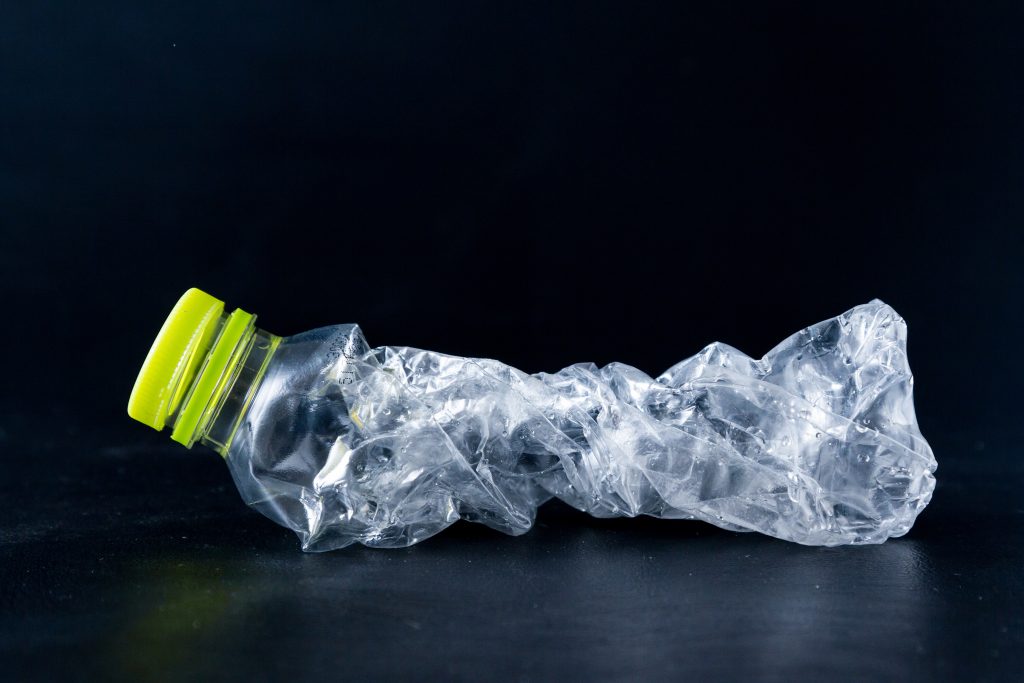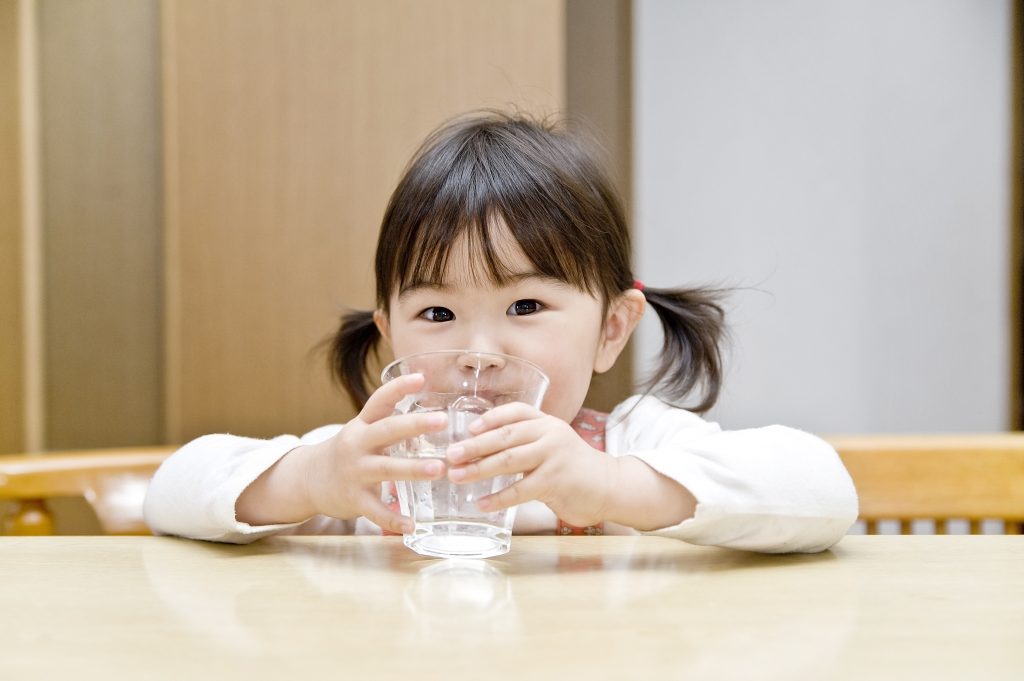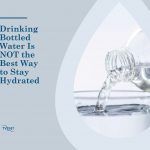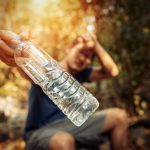The issue of what’s in the water we drink – and more worryingly – what shouldn’t be in it, has never been more pressing.

Nationwide scandals attached to the potential dangers of drinking tap water have prompted millions of Americans to ask the question, “what exactly are we drinking?”
Many have stopped trusting the municipal water supply altogether. An obvious alternative? Bottled water. Well, sure. It’s convenient and available virtually everywhere. Plus, it’s in a sealed, factory-produced bottle. It’s clean and good for us, right? Well, not always. In fact the EWG has recently published a report on exactly why we should look very closely at the risks of drinking bottled water.
-
What’s in the Water?
Thirsty? How about a cocktail of chemicals, pollutants, chlorine and disinfection by-products, bacteria and prescription drugs? No? Well, consider ditching bottled water then, as all of these contaminants have been found in popular brands.
-
What About the Bottle?
If the water itself doesn’t put you off, then how about the dangers linked to the bottles it comes in? Some plastic containers still contain Bisphenol-A, or BPA. This controversial compound has been approved by the FDA but is constantly the subject of research that draws a link with cancer, along with other dangers. While the official line from the FDA is that BPA is safe, it acknowledges that plastic chemicals “migrate from the food packaging into foods or beverages.”
-
Is PET Safe?
How about bottles made from polyethylene terephthalate (PET – marked with a “1” code on the bottom of the container)?
It’s widely been assumed that PET is a relatively benign option, but research shows that estrogenic compounds leach from the “safe” plastic into bottled water.

Water Ionizers and Your Family’s Health
These facts, coupled with the environmental issues associated with the disposal of millions of bottles every year, are alarming.
A Tyent Water Ionizer filter has the same micron level and filtration capabilities as a kidney dialysis machine. Our filters remove over 200 contaminants, including up to 99% of lead, mercury, beryllium, uranium and fluoride.*
Why not give our team a call today at to find out more about Tyent Water Ionizers? After all, wouldn’t it be great to start trusting your drinking water again?
*When a two bank filter is added









Tyent – you knocked my socks off with expert knowledge on alkaline water and water ionizers!